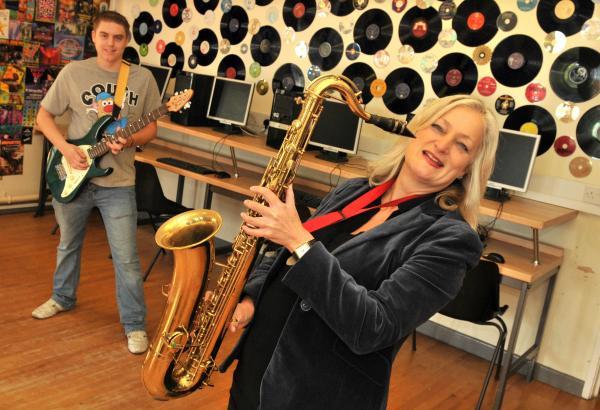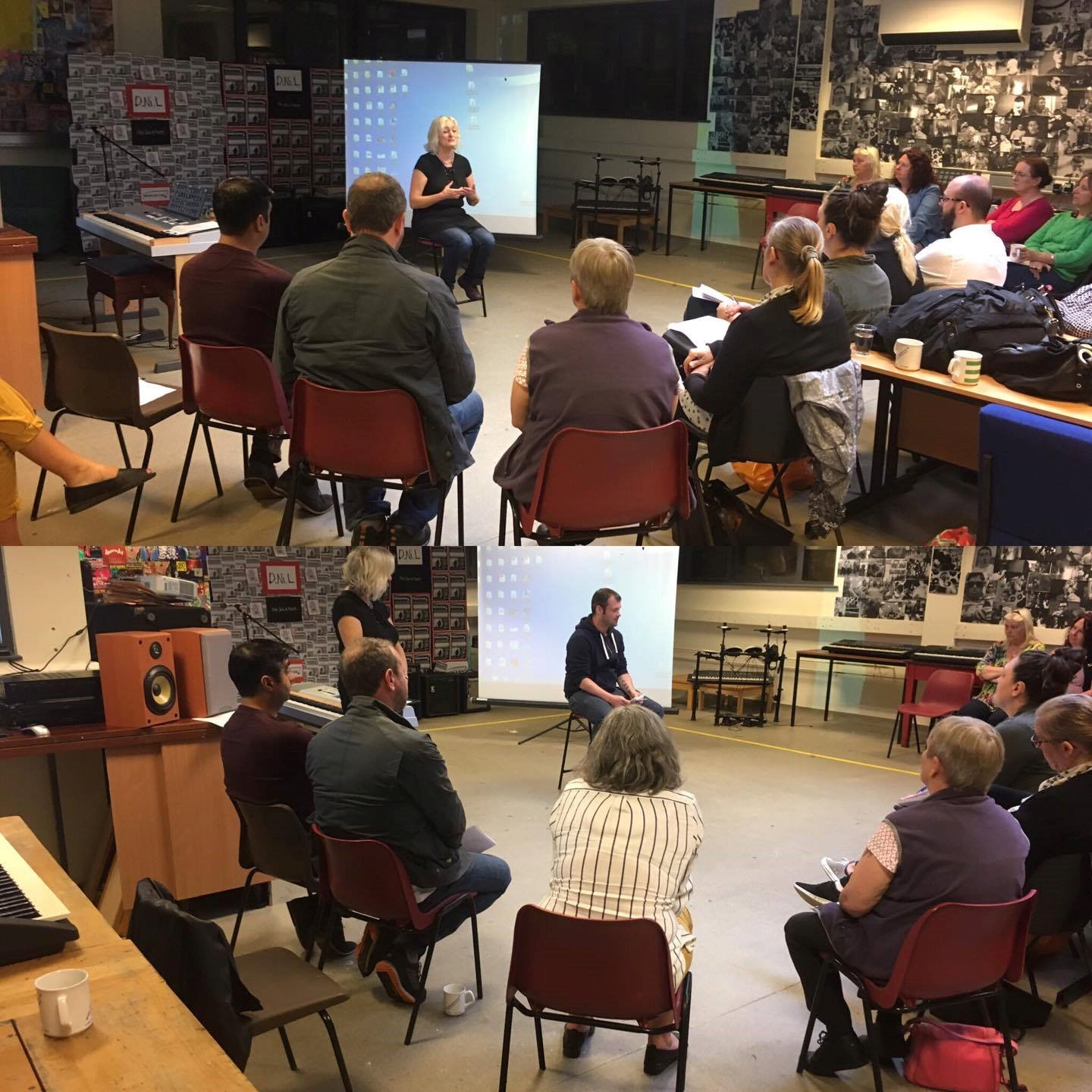Seeing is believing
Big Local residents visited a social entrepreneur to find out more about the positive impact that social enterprise can have
By Sue Foster, Social Entrepreneurship Manager, UnLtd
Big Local partnership members from six Big Local areas visited Sue Williamson, director and founder of Tang Hall SMART, a community-led inclusive music provision which has also just launched its own record label.
Tang Hall SMART creatively uses music, media and technology to engage with people, build confidence and raise self-esteem. Sue works with people who are often marginalised from society. Participants could be homeless, dealing with addiction, mental health issues, have severe learning disabilities, or be long-term unemployed or disconnected from their community.

Sue started the business with help from the Star People programme (run by UnLtd and Local Trust). She was then supported by the Star People programme to grow and market her business, which currently sees over 150 people access its services each week. Sue took full advantage of UnLtd support including attending mentoring and networking locally.
Sue is committed to turning disadvantage into assets. She illustrated her business model by introducing her music director, Neale, who started out as a beneficiary two years ago.
Neale told us how he was hospitalised over 50 times in a year and plagued by alcohol and drug misuse, which resulted in him becoming homeless. Sue met Neale in a homeless shelter and invited him to attend some targeted sessions for homeless people at Tang Hall SMART – he did, he then moved on to become a volunteer. He explained how he proved himself to Sue and became a ‘sessional worker’. Finally Neale became a welcomed and respected member of the staff team – reaching his current music director role.

The group heard that it wasn’t simple – along the way, Neale relapsed resulting in yet another hospital admission. Sue wouldn’t let go and spent a couple of hours each day with Neale and manged to convince him his talent and skills were needed by the users of Tang Hall SMART. Neale returned.
During a ‘look under the bonnet’ of the business, Sue shared her income and financial information and made the shock statement to the group that she wasn’t interested in grant funding – as this is short term and can encourage dependency. Sue is clear that she does not do anything for ‘free’. She uses grant funding to enable her to provide evidence of ‘need’, which she can take to commissioners to negotiate a contract to deliver her services. Attendees were blown away with her forthright attitude to business and welcomed hearing this ‘from the horse’s mouth’.
Every attendee went away with a fresh and detailed understanding of social entrepreneurship and running a social enterprise. One attendee said:
“Really inspiring day, very impressed with what the team have achieved. The project seemed to have a lot of depth and a real chance of sustainability. We enjoyed hearing Neale’s story and liked that they were not grant reliant, instead having a commercial approach.”
